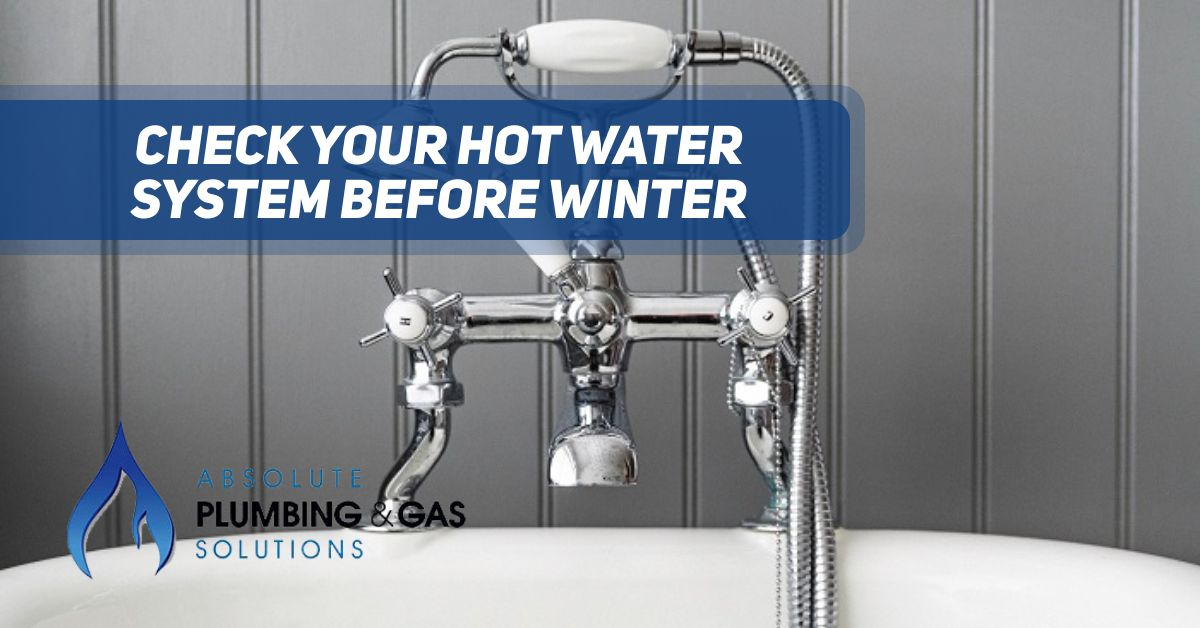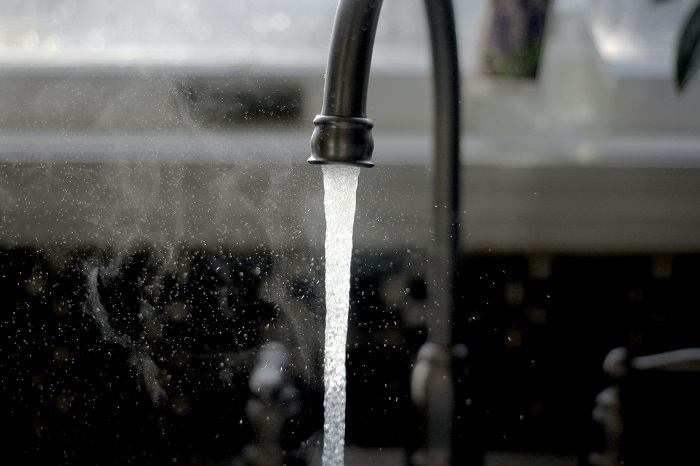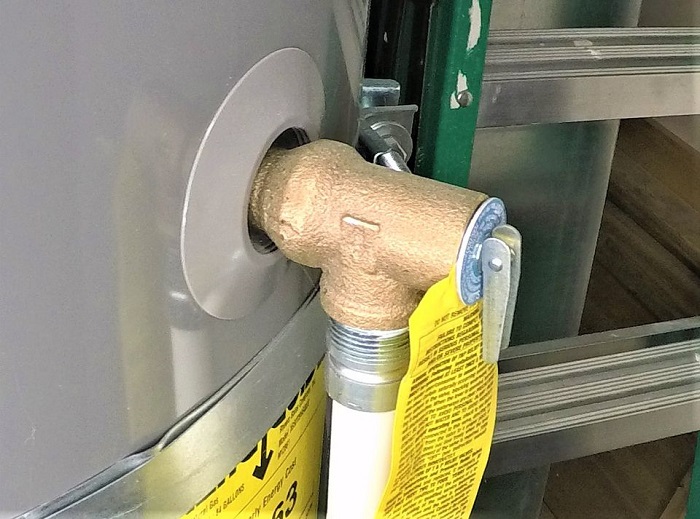
Check Your Hot Water System Before Winter
 As the old saying goes, prevention is better than the cure. Stop putting off checking your hot water system. Winter may seem far away, but in reality, it’s right around the corner. Picture yourself on the coldest day of the year, shivering because of a burst pipe in your home. Think about how much money will be wasted on repairing the pipe and taking care of water damage in the home.
As the old saying goes, prevention is better than the cure. Stop putting off checking your hot water system. Winter may seem far away, but in reality, it’s right around the corner. Picture yourself on the coldest day of the year, shivering because of a burst pipe in your home. Think about how much money will be wasted on repairing the pipe and taking care of water damage in the home.
Experienced homeowners may be well aware of the repercussions of abandoning their hot water system, it only takes one time to learn. A faulty hot water system can cause extensive problems like damaged ceilings, flooding, and loss of heat in the home. Avoid these issues by checking your hot water system before the winter.
We’ve put together a hot water system checklist with a few things you can do to make sure your hot water system is ready for the winter.
Check the Air Filters of the Furnace
Warm weather means turning off the furnace and forgetting about it, but keep in mind that your air filters need to be changed over time. If your filters have not been changed for a while, take a second and check them out. If you don’t feel comfortable checking them yourself, look for places that service and repair hot water systems in Noosa and the Sunshine Coast area. Safety is very important, so calling a professional might be the best bet. If you do decide to check the air filters yourself, be sure to turn off the circuit breaker first. Check both sides of the filter and switch them out if they’re dirty.
Clean The Area Around Your Furnace
Before you check your air filters, make sure there is no dirt or debris near the furnace. A crowded furnace area could be a fire hazard. Protect your home and be sure to regularly check the area around the furnace.
Check The Water Heater Radiators
 If you have a water heater radiator in your home be sure to check it and make sure it is working properly. Checking heating systems regularly. Start by turning the tempering valve up to the maximum setting, waiting 10-15 minutes, and then checking to see if it heats up or not. Be sure that the tempering valve is working properly and displaying the temperature accurately. This also applies to tankless water heaters.
If you have a water heater radiator in your home be sure to check it and make sure it is working properly. Checking heating systems regularly. Start by turning the tempering valve up to the maximum setting, waiting 10-15 minutes, and then checking to see if it heats up or not. Be sure that the tempering valve is working properly and displaying the temperature accurately. This also applies to tankless water heaters.
Check The Thermostat and the Furnace
After checking (and replacing if necessary) the heater, the next step is checking the furnace. The furnace of a water system is extremely important. Turn on the furnace and check the thermostat while it is on and running. The thermostat should reflect the change of temperature in your home. If you do not see the temperature changing on the thermostat system after 15-20 minutes, try contacting water systems professionals to inspect and repair your hot water tank. The water heater may have a strange smell when you check it, don’t be alarmed. Burnt dust accumulates on the hot water tank over the winter and creates a smell, an opened window will air out the smell in no time.
Make Sure Your Oil Tank is Filled
If you have an oil heating system in your home, be sure the tank is filled before the winter. Some people have automatically filled tanks, but for those who don’t, it’s important to have them filled before it gets cold.
Test Your Gas System Valve
Check the pressure-relief valve, it can be found on the top or the side of the water heater. The pressure-relief valve manages the gas pressure and will open automatically if the pressure in the hot water tank is too high. Too much pressure in the system can cause the tank to explode. Testing the valve is easy: Put a bucket underneath the discharge pipes on the water heater tank and lift the lever on the valve.
Replace Your Gas System Valve If You Need To
 Lifting the valve on your gas water heater should release water. If it doesn’t, you need to change it. Replacing the valve is simple, it just requires turning off the water and draining the tank. Once the water tank is drained, unscrew the pipe and the old valve. Screw in the new valve and you’re good to go.
Lifting the valve on your gas water heater should release water. If it doesn’t, you need to change it. Replacing the valve is simple, it just requires turning off the water and draining the tank. Once the water tank is drained, unscrew the pipe and the old valve. Screw in the new valve and you’re good to go.
Be Sure Your Heating Systems are Safe
Check the carbon monoxide detector before running the furnace. Be sure to replace the carbon monoxide detector batteries before the winter season. A carbon monoxide detector is necessary for every home, it’s super important for safety, similar to a smoke detector. A carbon monoxide detector beeps to alert you when gas levels are too high.
Drain Your Systems
There are several benefits of draining the hot water system in your home. One major benefit is the removal of build-up and minerals in the tank. Be sure to turn off the hot water tank and remove any wires.
Schedule Regular Maintenance Appointments
Whether you have a gas or electric heating system, it needs regular repairs and maintenance. Contact a professional in Western Australia. A professional can come into your home and test your pipes, gas burner, and your full hot water system. Absolute Plumbing offers maintenance and installation for gas and electric hot water systems.
admin
